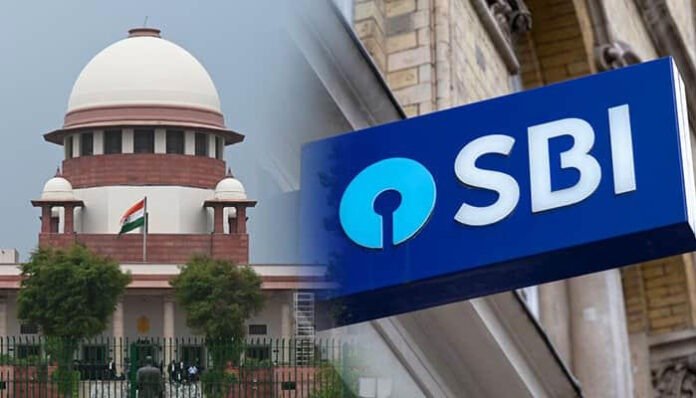SC rules that a borrower cannot demand One Time Settlement (OTS) benefits unless all bank conditions are met. SBI’s appeal allowed.
The Supreme Court has clarified that defaulting borrowers cannot claim OTS benefits without meeting all stipulated conditions, including upfront payment.
OTS Scheme Not an Enforceable Right Without Compliance, Rules Apex Court
In a ruling reinforcing banking discretion over settlement schemes, the Supreme Court of India has held that borrowers do not have a legal or vested right to demand relief under a bank’s One Time Settlement (OTS) scheme unless they comply with all prescribed preconditions, including mandatory upfront payments.
The verdict came in a case where the State Bank of India (SBI) had denied OTS benefit to a defaulting borrower who had failed to make the necessary initial payment under the terms of the settlement scheme. The borrower had approached the courts seeking enforcement of the OTS benefit.
Allowing SBI’s appeal, the Supreme Court bench observed:
“Crossing the hurdle of eligibility per se would not entitle a defaulting borrower to claim consideration of his/its application unless the application itself satisfies the other stipulated conditions.”
No Automatic Right to Settlement
The Court clarified that OTS is a policy tool offered at the discretion of banks, primarily to enable speedy recovery in deserving cases. It is not a statutory entitlement.
Even if a borrower meets the basic eligibility under the scheme, failure to adhere to the preconditions—particularly the upfront deposit—disqualifies them from claiming any relief.
This clarification may significantly impact borrowers facing recovery proceedings under the SARFAESI Act, as well as pending litigation where OTS has been cited as a ground to delay or stall enforcement actions.
Reinforces Banking Autonomy and Recovery Framework
This decision is also viewed as a reinforcement of the banking sector’s operational autonomy in loan recovery, particularly in the face of rising non-performing assets (NPAs) and the misuse of judicial processes to delay repayments.
It will give strength to public and private sector banks in:
- Rejecting incomplete or non-compliant OTS applications
- Proceeding with recovery even if the borrower is partially eligible
- Ensuring that OTS remains a privilege, not a backdoor for defaulters
Legal experts believe this will discourage strategic defaults and improve banking discipline.
SBI Welcomes Ruling
Sources within SBI welcomed the ruling, saying it strengthens fair banking practices and reduces room for interpretative litigation around recovery policies. The bank emphasized that OTS remains a negotiated offer, and failure to meet its terms invalidates any claim for relief.
Stay Updated with More Banking and Legal Rulings
For more updates on critical banking-related judgments and economic laws, visit our National News and Insight sections.
To watch analysis videos on similar legal topics, visit the Legal Observer YouTube Channel.




